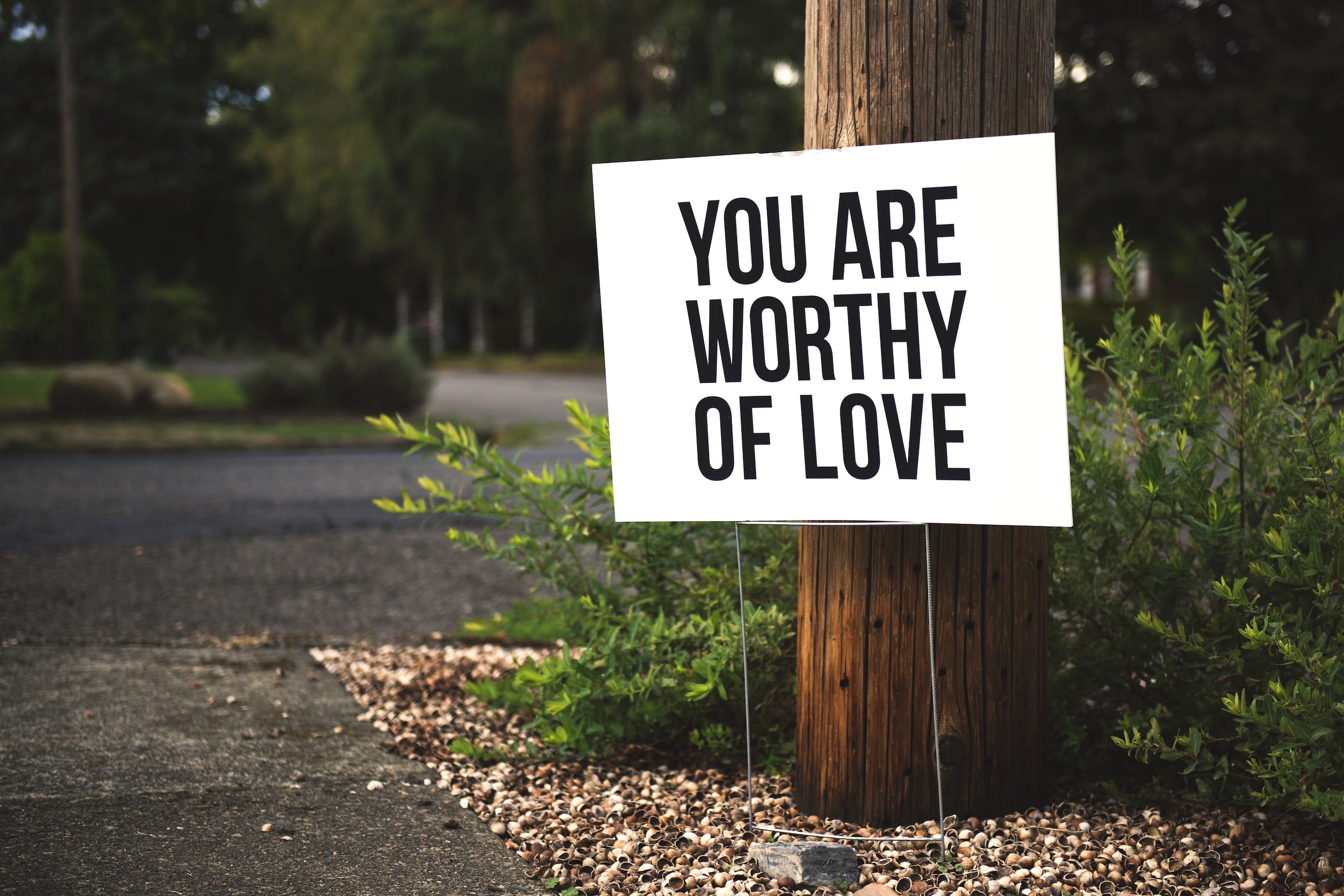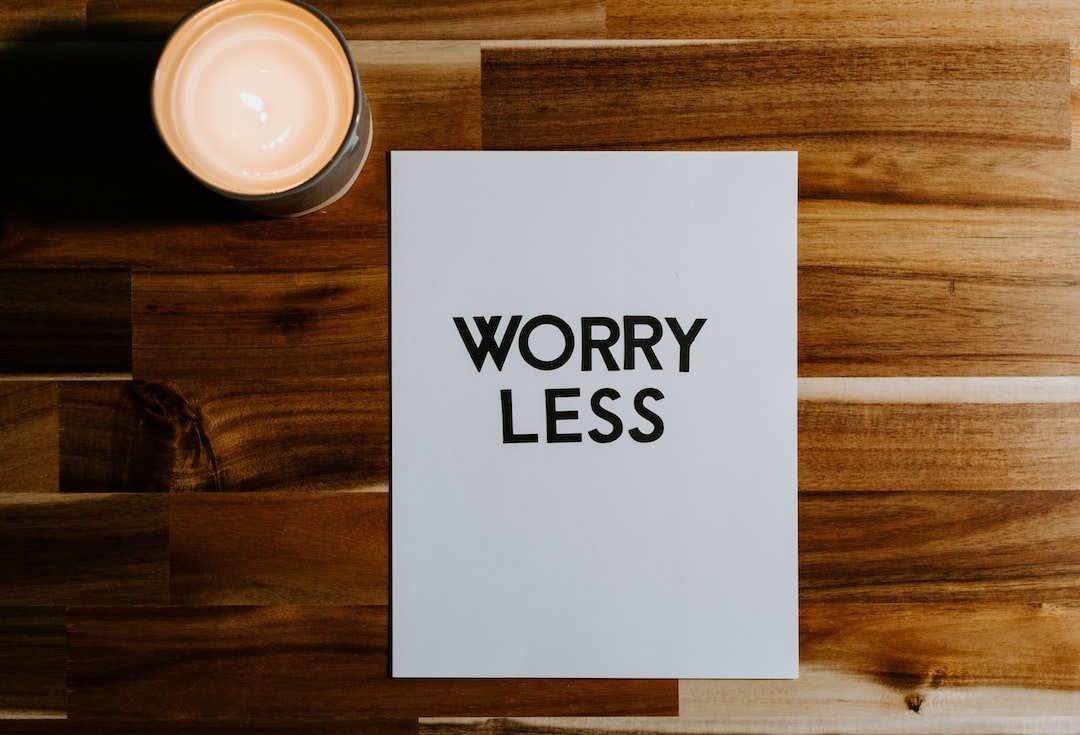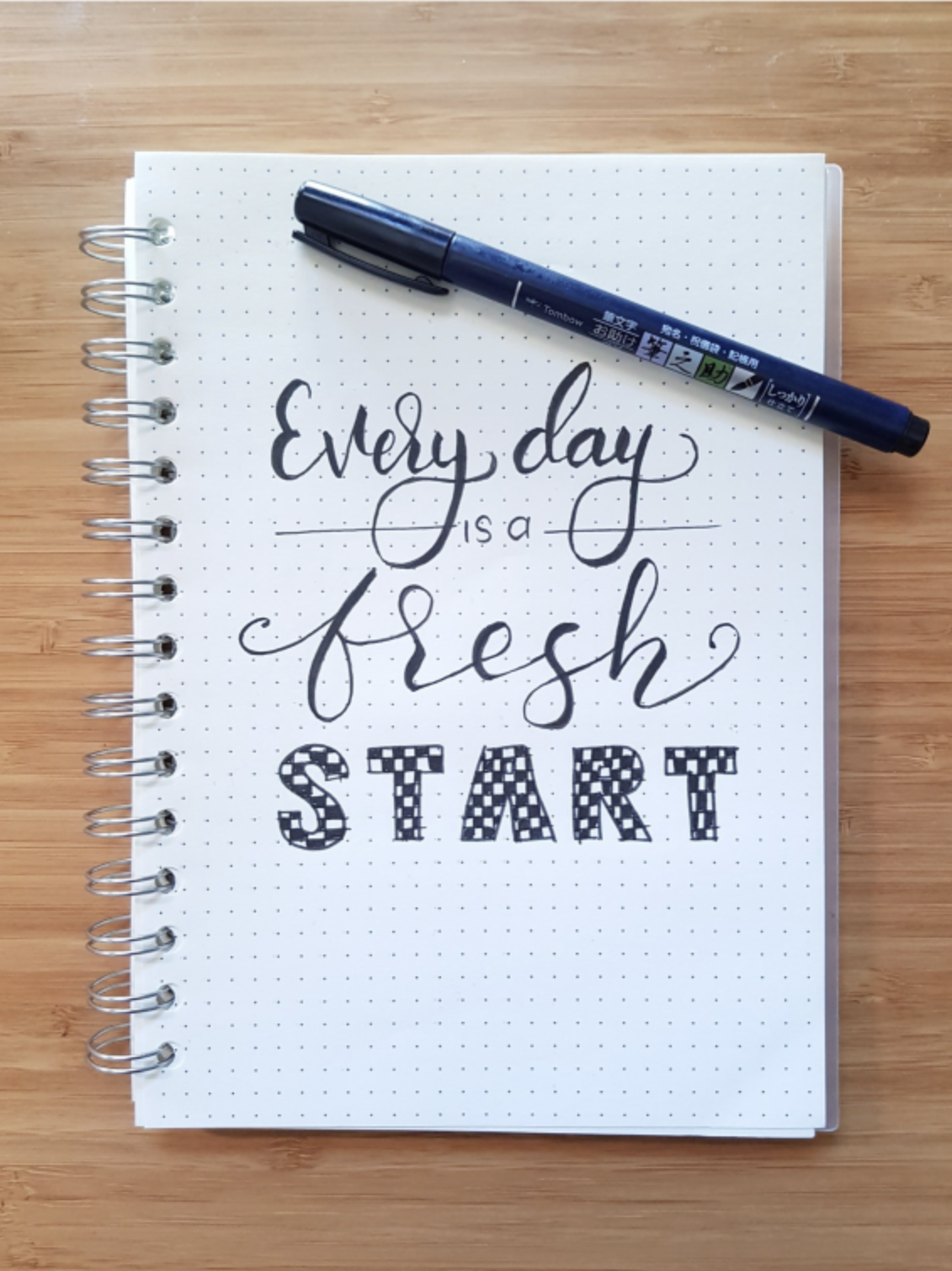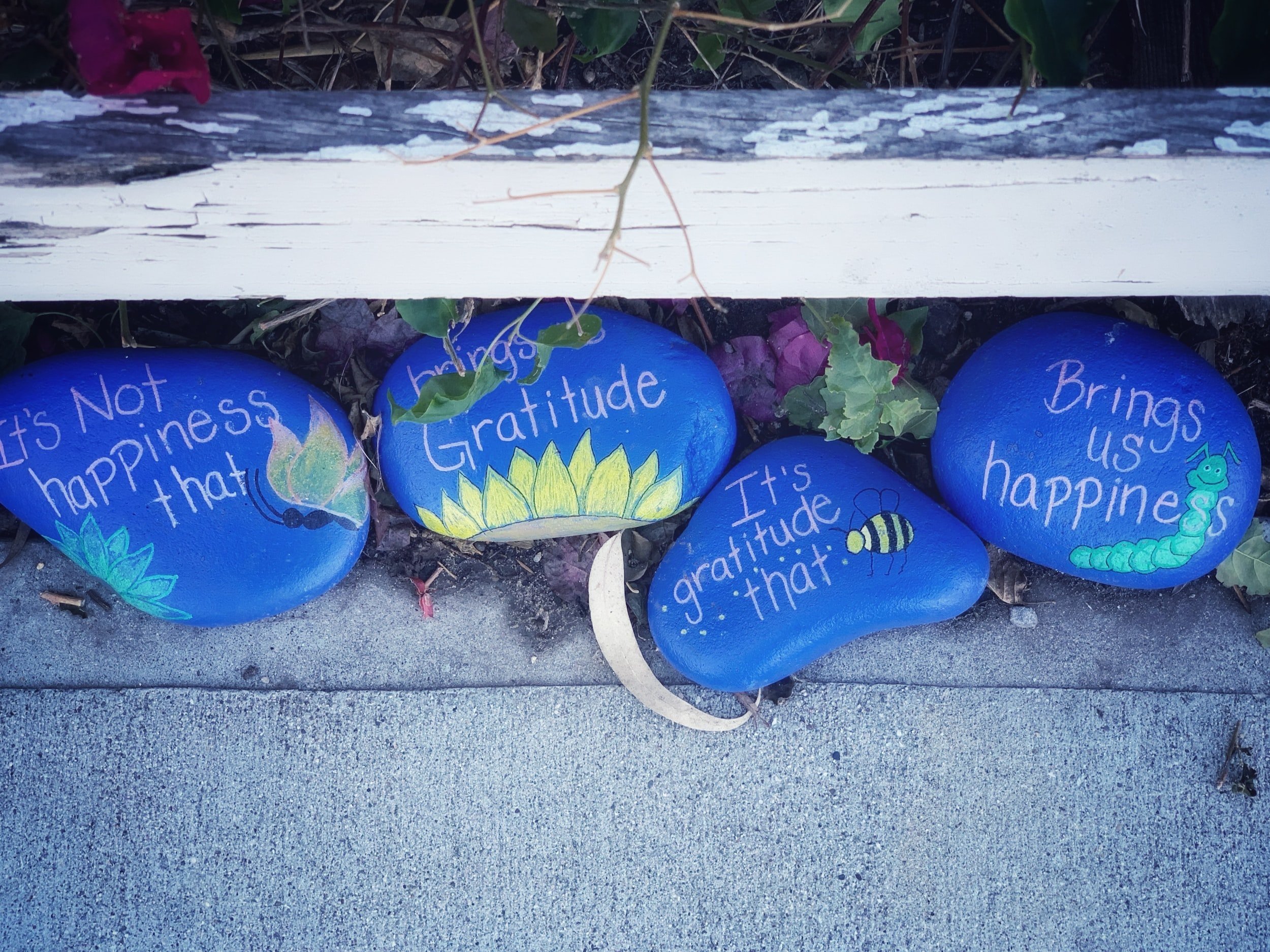WELLBEING TOOLKIT
AI is Moving Fast – Here's How to Keep Your Feet on the Ground
Worried about AI, your job, or the speed of change in the world? You’re not alone. This post kicks off a grounded series exploring AI anxiety, emotional resilience, and how to stay relevant and steady as technology reshapes everything. We’ll look at what you can do inside yourself to stay calm and clear, and also practical steps to adapt without losing your humanity. If you’ve been feeling unsettled about artificial intelligence, the future of work, or what it all means for real people – this is for you.
The Quiet Deal We Make
Shrinking so that others don’t feel insecure around us. Sometimes we hold onto low self worth because it keeps us to able to maintain certain roles in relationships. Not consciously, but as a quiet, ongoing deal. I’ll stay small so you won’t feel uncomfortable. Not that anyone is forcing us to be this way, it’s almost a society wide deal - let’s not make others feel insecure or jealous or threatened by shining too brightly.
A Kind Approach to Being Triggered
We all know that moment—something happens, and suddenly, we’re hit with a strong reaction. A wave of emotion rises before we even have time to think. It’s uncomfortable, sometimes overwhelming.
It’s easy to assume we shouldn’t feel this way, that we need to fix or explain it. But I’ve found that the real shift happens when we stop resisting and instead, allow the feeling to move through.
Easy Procrastination Tool
Every time you prepare to do a task, or sit down to read or write, just remind yourself:
"Accept the initial agitation." Here’s why this might help.
Neuroscientist Andrew Huberman explains that when we go to start something, especially when it involves any sort of focus, "the brain circuits that turn on first are part of the stress system."
This means:
That restless, unsettled feeling at the start of a task—the unpleasant resistance we experience—is not a sign that something is wrong. It's simply the gateway that you must pass through to reach momentum or deeper concentration.
Allowing our Feelings
“Can I Allow this Feeling?”
I notice a constricted feeling in the body, I linger in that sensation for a while. I don’t like it at all, it feels uncomfortable. I’m curious though and want to explore.
Then I remember there’s another option to resistance to what I’m feeling.
“Can I maybe just allow this feeling?”
“Yes” and inner voice answers.
“Am I willing to allow this?”
“Yes”
Without judging it in any way…..
“Can I welcome it? Can I WELCOME it?”
You are Lovable and Loving
We don’t have to learn how to love ourselves. We already love ourselves. All we have to do is to stop withholding it. It’s not some new skill we need to learn – it is the innate condition we arrived with, lovable and loving.
To recognise this involves identifying the conditioning that led us to believe we are not worthy of our own love and then to drop those filters of conditioning and beliefs that obscure our natural authentic state.
How to Navigate Feelings
Once we have come to the realisation that ignoring feelings doesn’t work long term and in fact makes us more unhappy we often start to look for alternative options. Unfortunately not many of us are taught how to navigate our feelings, so I’d like to share a highly effective way that we can learn to have a new relationship with our emotions.
My Journey with Mindfulness
Face the fear of not interpreting and stay with the experience’. I was advised by an anonymous wise person on a forum maybe 15 years ago. It hit me powerfully at the time.
Now that I’m having more inner quiet and longer breaks in between my thoughts, I can see the contrast. I have been noticing just how much of my life has been, and still is, lived through my thinking, and the ongoing interpreting of my minute to minute experiences in my thoughts. And how very crowded it can feel in here due to that.
Hyper-Vigilance to Calmness
In the hustle and bustle of our modern lives, it's not uncommon to find our minds racing, revisiting past regrets or anxiously projecting into an uncertain future. We've all experienced those repetitive negative thoughts that seem to loop endlessly, like a broken record. But have you ever stopped to wonder why our minds are wired this way and how these thoughts, once a survival mechanism, can now be the basis of much of our suffering? Let's explore this fascinating transformation and discover what we can do to find peace and well-being.
Unlock Better Health: Harnessing Vagal Nerve Stimulation
The vagus nerve assumes a pivotal role in governing the operations of our body, contributing significantly to the regulation of the autonomic nervous system (ANS). This intricate network of nerves reaches out to vital organs such as the heart and gastrointestinal tract, overseeing functions that operate primarily beyond our conscious influence, including respiration, digestion, heart rate, emotional states, and immune responses.
Self Acceptance And Life Success
Learning to love ourselves can bring a lot of benefits to our lives socially, emotionally and materially. In this blog post, we'll explore some of the advantages of self-love, and how it can help us to live a happier and more fulfilling life.
One of the main benefits of self-love is that it can help us to feel more confident and secure in ourselves. When we are able to accept and appreciate ourselves as we are, we are less likely to feel insecure or unsure of ourselves. We are more likely to feel comfortable in our own skin, and to have the confidence to pursue our goals and dreams.
Why do we Resist Self Compassion?
Self compassion is an important part of mental health and well-being, yet many of us including myself have or still struggle to be kind and understanding towards ourselves. In this blog post, we'll explore some of the reasons why we might resist self compassion, and what we can do to overcome these barriers.
How Self Love benefits Others too
Here is a list of 20 ways that learning to love ourselves can directly benefit other people:
1.Improved communication and understanding in relationships.
2.Increased ability to provide emotional support and empathy for others.
3.Greater ability to be a positive role model for others.
4. Improved ability to resolve conflicts in a healthy way.
Dropping Worry using Mindfulness
Learn to worry less! We often worry needlessly. There is an option of learning not to believe the thoughts we have, many are untrue anyway. Many thoughts suggest that we should be worried or concerned about something that nearly never happens.
We can instead turn to what we experiencing in this moment and since that is where life takes place, right now, we can be here intimately for it.
Calming the Nerves using Touch
Putting a hand or both of your hands gently on your chest or heart area heart or giving yourself a self care hug can be beneficial for several reasons. Here’s some benefits and advantages of using physical touch for self soothing
Winter Mood Boosting Exercise
What am I grateful for about myself?
What am I proud of myself for?
What is the best compliment I’ve ever been given?
What are my talents?
What are my biggest dreams? What can I do today to start making one of those dreams happen?
Personal Gratitude List
Thank you for it all, the warmth and shelter, the comfy bed, the loving dog, the son, the sister, the mother, the uncle, the brother, the greater circle of friends and family. The trees and flowers, the allotment garden, the birds, the deer and fish, the river and waterfalls. The grass, the smells and sounds. The food from all over the world, the cups of tea and glasses of orange juice. The freedom to go into nature every day.
Dealing with Anxiety
Then being honest becomes normalised, and fear in particular seems to become deflated by being acknowledged fully. It removes a large amount of its power when the resistance is let go of. It becomes just something that’s ordinary, like “I’ve got a sore foot”. It’s still there but not such a big deal.
Allowing ourselves to be Happier
The most common regret that dying people expressed according to a survey I read is, “I wish I had allowed myself to be happier”.
What struck me was the volitional element. They had come to see at the end of their lives that it was and is a choice.
Easy Showering Mindfulness Exercise
Showering Mindfulness works particularly well as it is such a visceral experience, rich in sensory input which we can use to move ourselves out of our thoughts and into the peace of the present moment.
In the shower we are alone, we are safe and there is nowhere else to go. We are in there for the duration and it is a perfect time to be fully grounded in our bodies.





















